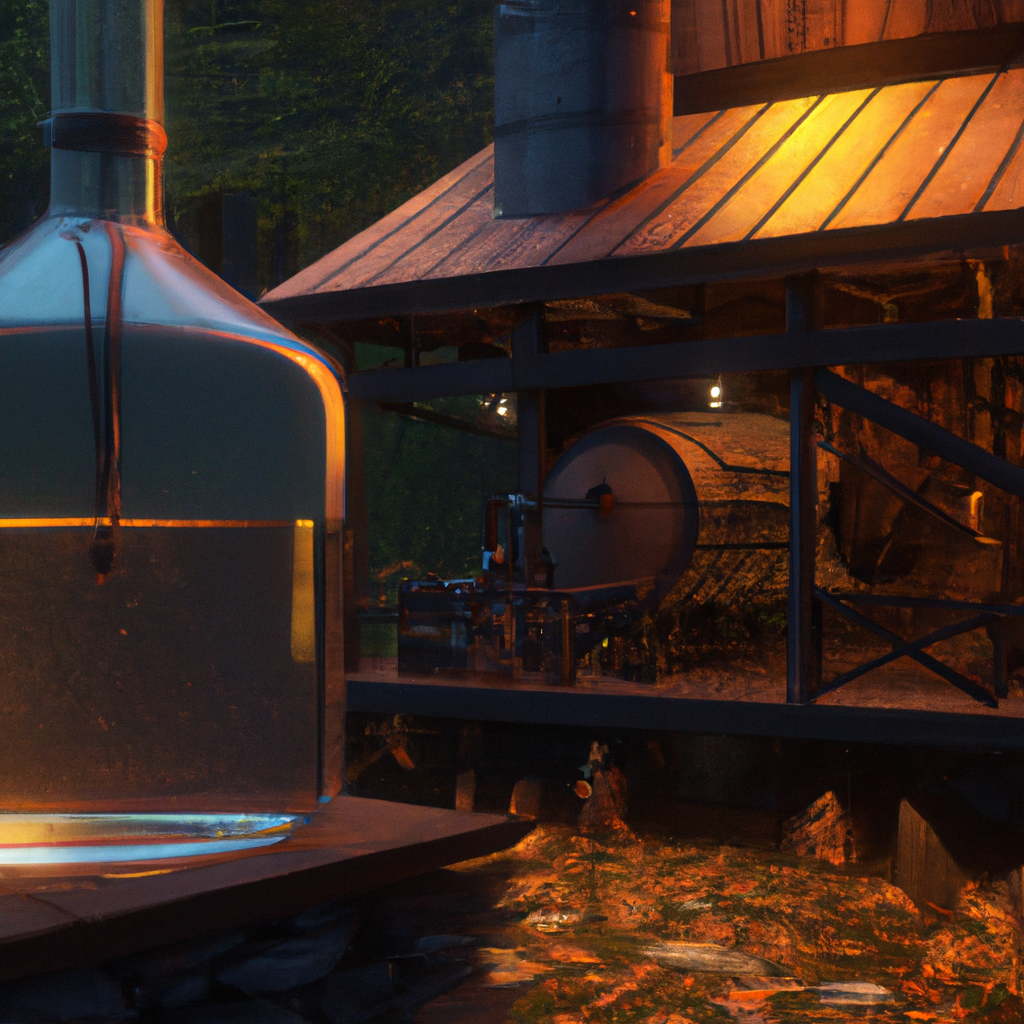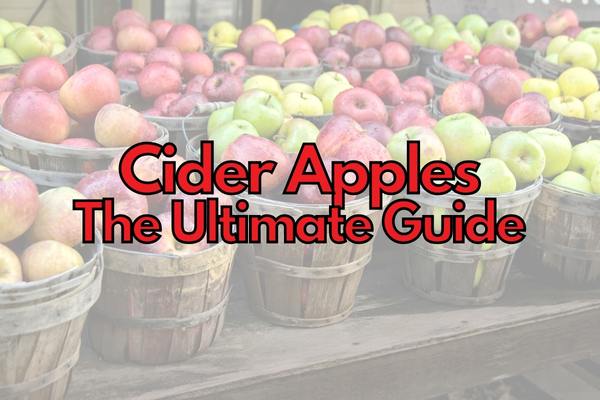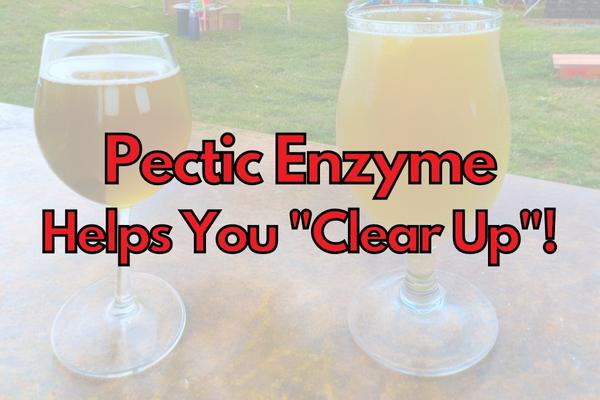Home distilling is generally illegal in the United States for several reasons, primarily related to safety, taxation, and regulation.
- Safety concerns: Distilling alcohol involves the process of heating a liquid to produce vapor and then condensing it back into a liquid form.
This process requires precise control of temperature and pressure, as well as proper equipment to prevent explosions or fires.
When done incorrectly, it can be dangerous and pose significant risks to individuals and property. Commercial distilleries are subject to stringent safety regulations to ensure the process is carried out safely. - Revenue and taxation: The production and sale of alcoholic beverages in the United States are subject to various federal and state taxes. The government collects significant revenue from the alcohol industry. Home distilling would potentially enable individuals to produce untaxed alcohol, leading to revenue loss for the government.
- Regulation and control: The government regulates the production and distribution of alcohol to ensure quality control, consumer safety, and prevent illegal activities such as the production of counterfeit or adulterated alcohol.
Licensed commercial distilleries are subject to inspections, quality control standards, and labeling requirements to protect consumers.
By restricting home distilling, the government can maintain control over the production and distribution of alcoholic beverages.
It’s worth noting that the legality of home distilling varies from country to country. In some places, such as New Zealand and certain European countries, home distillation is legal within certain limits or under specific conditions.
However, in the United States, federal law prohibits individuals from producing distilled spirits for personal use without the necessary permits and licenses.
History of Home Distilling in the US
Prior to the enactment of prohibition in the US, home distilling was a common practice. It was only in 1791 that the federal government passed legislation requiring all distilled spirits to be taxed. However, the government struggled with enforcement and this led to widespread unlicensed sales and production leading to the creation of an illegal industry.

In response, the government passed the moonshine provision, outlawing all forms of private distillation for personal consumption. This law remains in place today but has been overshadowed by recent increases in craft distillery licenses. Despite this, homemade alcohol is still legally risky unless proper licensing is obtained.
Interestingly, it is possible to obtain permits for non-commercial home distillation if certain requirements are met such as obtaining an industrial permit and ensuring production limits are not exceeded.
Tip: If interested in homebrewing or distilling, do proper research beforehand and ensure you adhere to all legal requirements in your country before proceeding.
Alcohol industry lobbyists: working hard to ensure your liver stays working overtime.
The Alcohol Industry and Lobbying
The powerful groups within the alcoholic beverages sector utilize their resources to influence regulations on home distilling practices. This enables them to maintain their monopoly while hindering competition from small-time producers who can potentially threaten their profits.
Additionally, large-scale alcohol companies often provide substantial funding to political candidates who support a ban on home distilling, thereby ensuring that laws remain in their favor.
This lobbying by alcohol corporations has resulted in strict regulations on homemade spirits. These regulations have prevented individuals from learning and practicing the art of home distillation, which has been discouraged for safety reasons as well. Such restrictions also make it challenging for aspiring entrepreneurs within the industry to establish a foothold and lead to poor quality bootleg spirits spreading.
The US government offers tax breaks worth billions annually to corporate giants in the beverage industry, shielding them from competition while reaping enormous profits. On the other hand, they impose astronomical fines and significant jail time on those caught producing alcohol without proper permits or licenses.
A few years back, Joshua Smith was one such person caught up in this battle between regulations and traditional practices. Being an expert distiller since he was 16 years old, Joshua had mastered his skills through trial-and-error methods learned via hand-me-down recipes passed down over generations in his family.
Eventually, due to more stringent control measures and unfavorable laws meant for commercial manufacturers came into place, Joshua lost his livelihood and ability to carry on with his passion finally driving him out of business.
Unless there is a significant shift towards more liberal policies that allow responsible citizens limitless opportunities to craft fine natural spirits safely while selling them commercially or privately for reasonable profits everybody loses out – both boutique producers as well as consumers looking for diverse quality flavors that they cannot find elsewhere but at exorbitant prices!
Home distilling may be illegal, but at least your liver and bathtub will thank you.
Health and Safety Concerns
Distilling alcohol at home is illegal in the US due to concerns surrounding health and safety. This includes the potential for explosions, fires and toxic air pollutants that can be harmful if not properly ventilated.
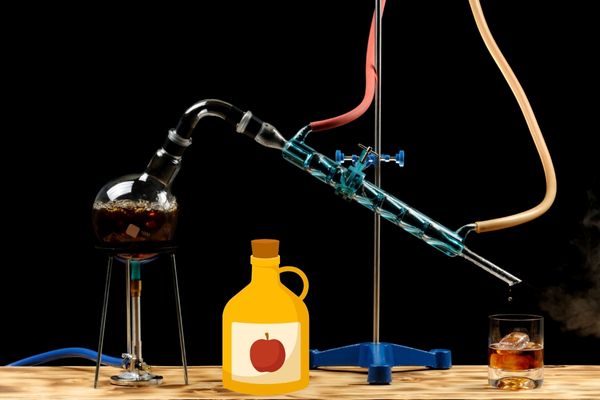
In addition, home distilling can result in the creation of methanol, a highly poisonous alcohol that can cause blindness, coma or death if consumed.
Moreover, unregulated production of alcohol increases the risk of contamination and consumption of impurities that can cause significant harm to individuals’s health. As a result, it is important to recognize these risks and adhere to regulations set forth by governing bodies when producing alcohol.
Pro Tip: Always prioritize safety when engaging in any form of alcohol production by obtaining necessary permits and equipment, monitoring temperature closely and ensuring proper ventilation during distillation.
Uncle Sam wants his cut, and when it comes to homemade hooch, he’s not afraid to play the prohibition card.
Taxation and Regulations
The laws regarding the production of alcoholic beverages in the US are complex, and home distilling is illegal due to taxation and regulations.
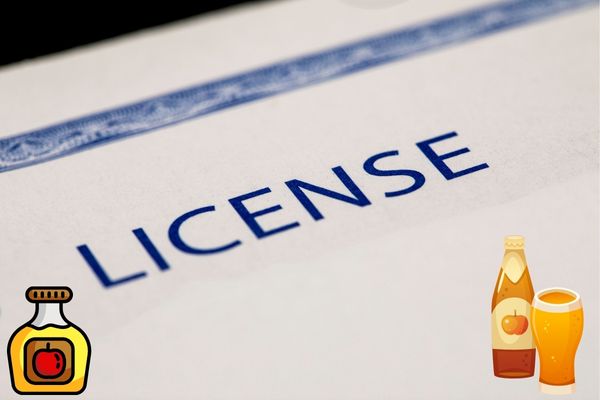
Individuals who want to produce their own spirits must obtain a permit from the Alcohol and Tobacco Tax and Trade Bureau, pay taxes on the alcohol they produce, and follow strict guidelines to ensure safety. Additionally, homemade alcohol cannot be sold or transported without proper licensing.
One major concern with home distilling is safety. Without proper training, equipment, and procedures, distilling alcohol can be dangerous and potentially life-threatening. The regulations surrounding the production of commercial alcohol help ensure that products are safe for public consumption.
Interestingly, the prohibition on home distilling stems from historical tax laws rather than safety concerns. In 1791, after Congress imposed an excise tax on distilled spirits, farmers in western Pennsylvania organized an armed rebellion against what they perceived as an unfair tax burden. The Whiskey Rebellion was ultimately put down by federal troops, but it led to stricter regulations on alcohol production and consumption that have persisted for over two centuries.
Sipping on moonshine may be illegal, but with enough lobbying, it could become the next trendy craft liquor.
Legalization Efforts and States’ Rights
The push for legitimizing home distilling in the US is led by advocates who believe that states should have the right to decide whether it should be legal. Current federal laws prohibit the production of distilled spirits without a license, which makes home distilling illegal in all states. Some states have pushed for their own laws to legalize home distilling, but federal law still applies.
Despite several attempts by lawmakers and advocacy groups to legalize home distilling at the federal level, no significant progress has been made on passing legislation. This is mainly due to concerns over safety and tax evasion since unregulated production of alcohol can pose a risk to public health and deprive the government of revenue.
One unique detail about this issue is that although it is illegal, many people still do it and face severe legal consequences if caught. The lack of regulation also makes it difficult for those who are interested in legally producing alcohol for personal use.
True history tells us that during Prohibition era, when the 18th Amendment to the Constitution banned alcohol in 1920s, home distillation became popular among Americans as it was an easy way to make illegal liquor. The Tax and Trade Bureau (TTB) regulates alcohol production today but only allows licensed businesses to produce liquor, making current efforts towards legalization more challenging.
Cheers to hoping that one day home distilling will be legal in the US, so we can finally make cocktails that don’t taste like rubbing alcohol mixed with regret.
Conclusion and Future of Home Distilling in the US.
The legality of home distilling in the US has been a debatable topic for years, with some groups calling for its legalization. Despite the current illegality of home distilling, there is a possibility of change in the future. The government’s concern over taxation and public safety remain major factors influencing such decisions.
Home distilling poses potential health risks to those involved in the process and also increases the risk of unregulated alcohol distribution. However, with technological advancements and a growing demand for craft spirits, there might be room for discussion on regulations to ensure safe consumption.
Interestingly, the origins of anti-home distilling laws date back to colonial times when such activities competed with larger distilleries. This competition led to lobbying efforts by large distilleries that resulted in harsh penalties against homebrewing.
Frequently Asked Questions
1. Why is home distilling illegal in the US?
Home distilling is illegal in the US because of safety concerns and potential health hazards associated with the practice. There is also a risk of unregulated alcohol production leading to bootlegging and tax evasion.
2. Can I legally distill alcohol at home if I have a license?
Even with a license, it is illegal to distill alcohol for personal consumption at home in the US. Only licensed businesses are allowed to produce alcohol for sale.
3. What are the penalties for home distilling?
The penalties for home distilling can include fines, seizure of equipment, and even imprisonment. The severity of the penalty depends on the amount of alcohol produced and the state where the offense occurs.
4. Is it legal to make beer or wine at home?
Yes, it is legal to make beer or wine at home for personal consumption. However, there are limits to the amount that can be produced and certain states may have additional restrictions.
5. What are the alternatives to home distilling?
There are several legal options for producing homemade alcohol, including brewing beer or making wine. Additionally, purchasing commercially distilled alcohol is a safe and legal option.
6. Are there any exceptions to the home distilling laws?
There are no exceptions to the federal law prohibiting home distilling. However, some states may have different regulations or exceptions for certain circumstances, such as distilling for scientific or educational purposes.

